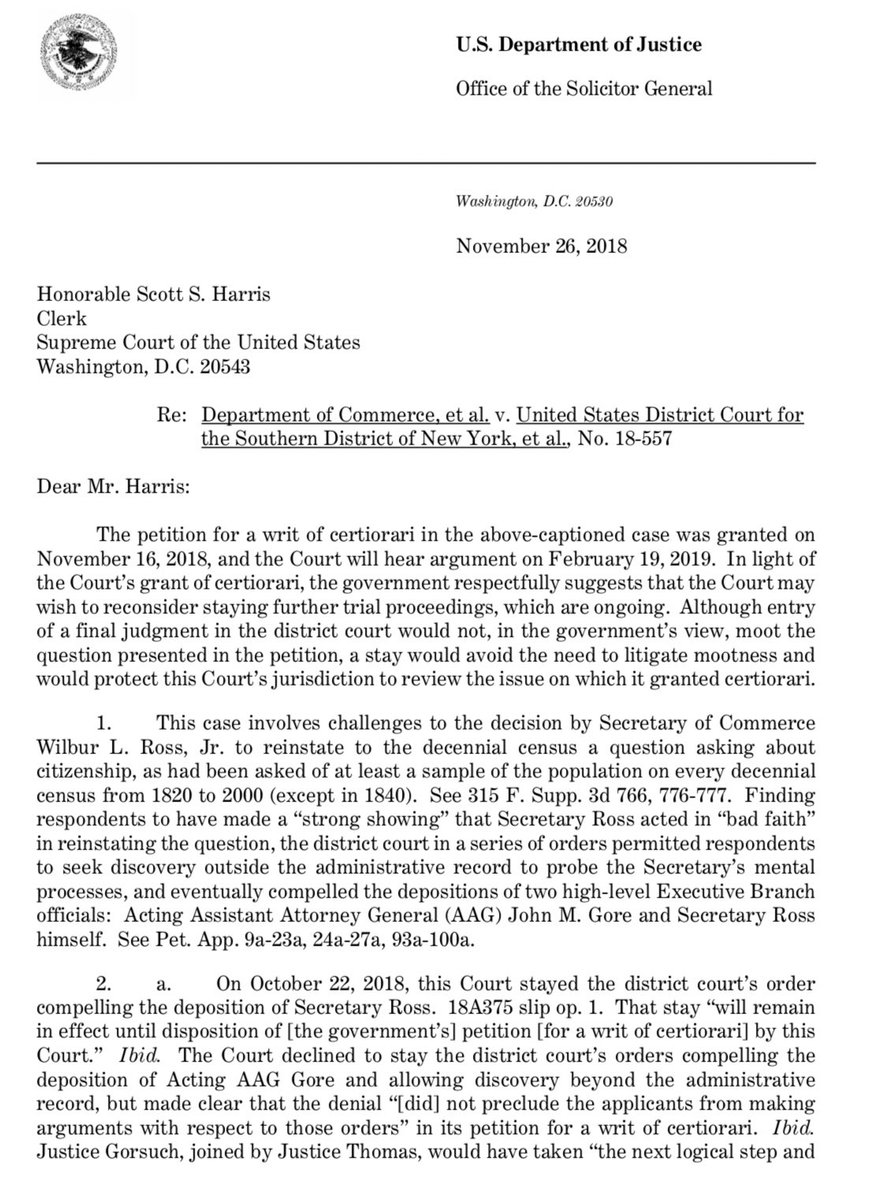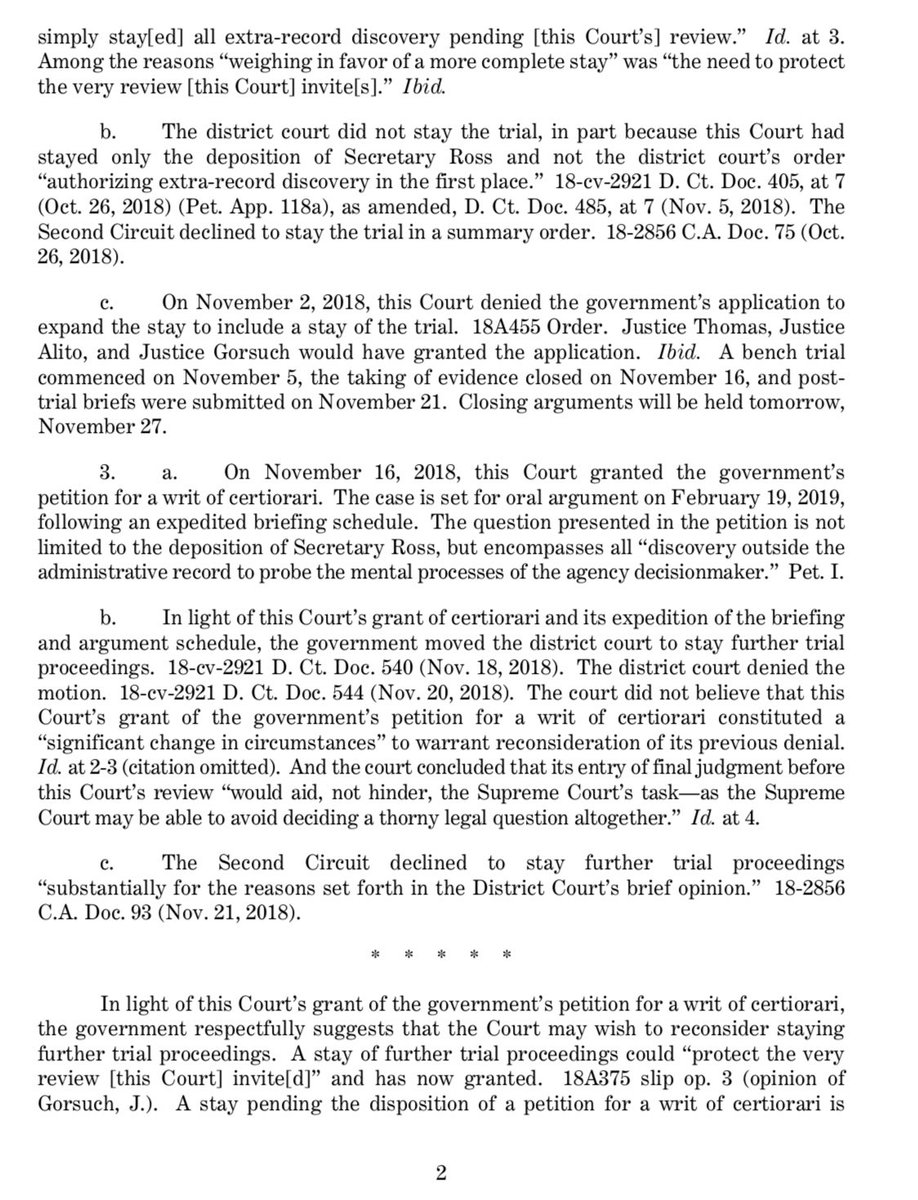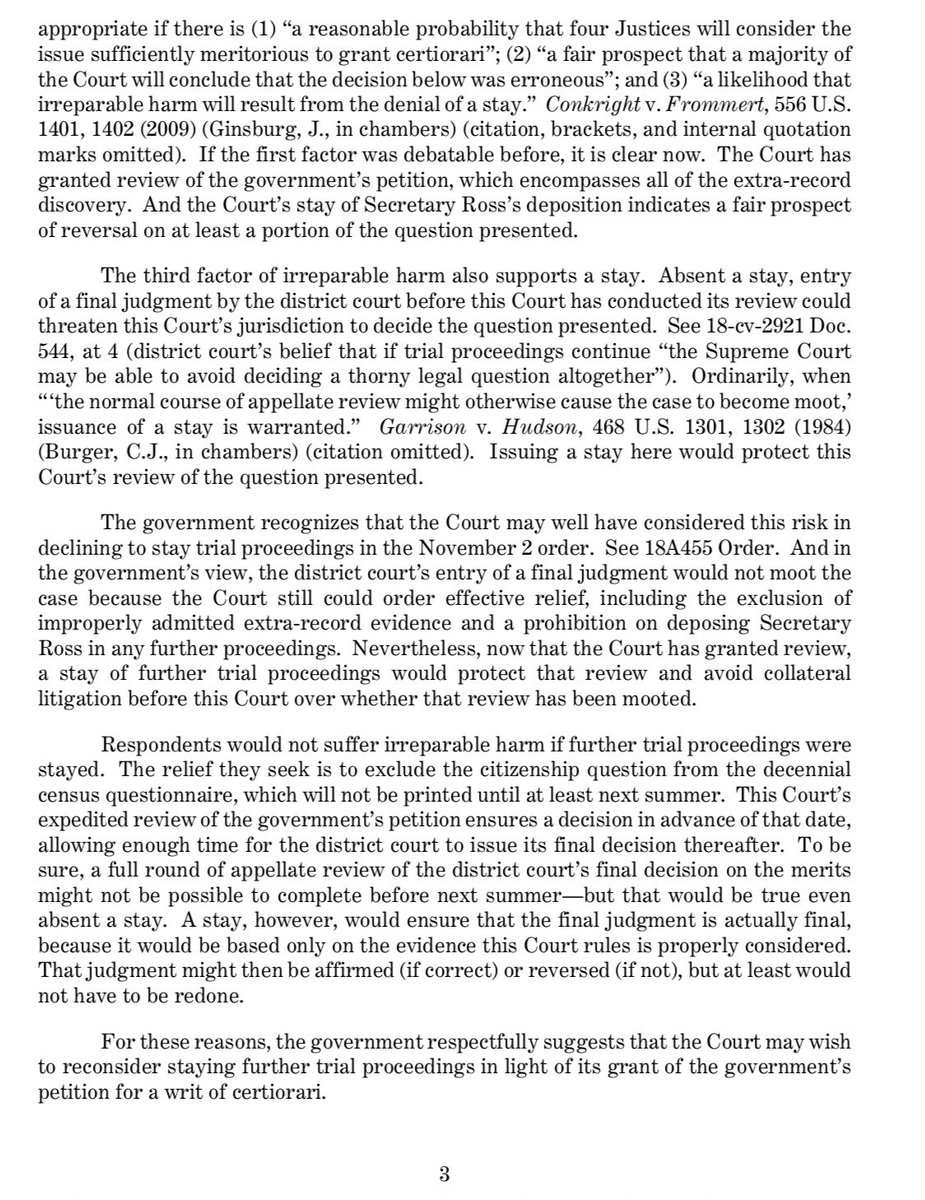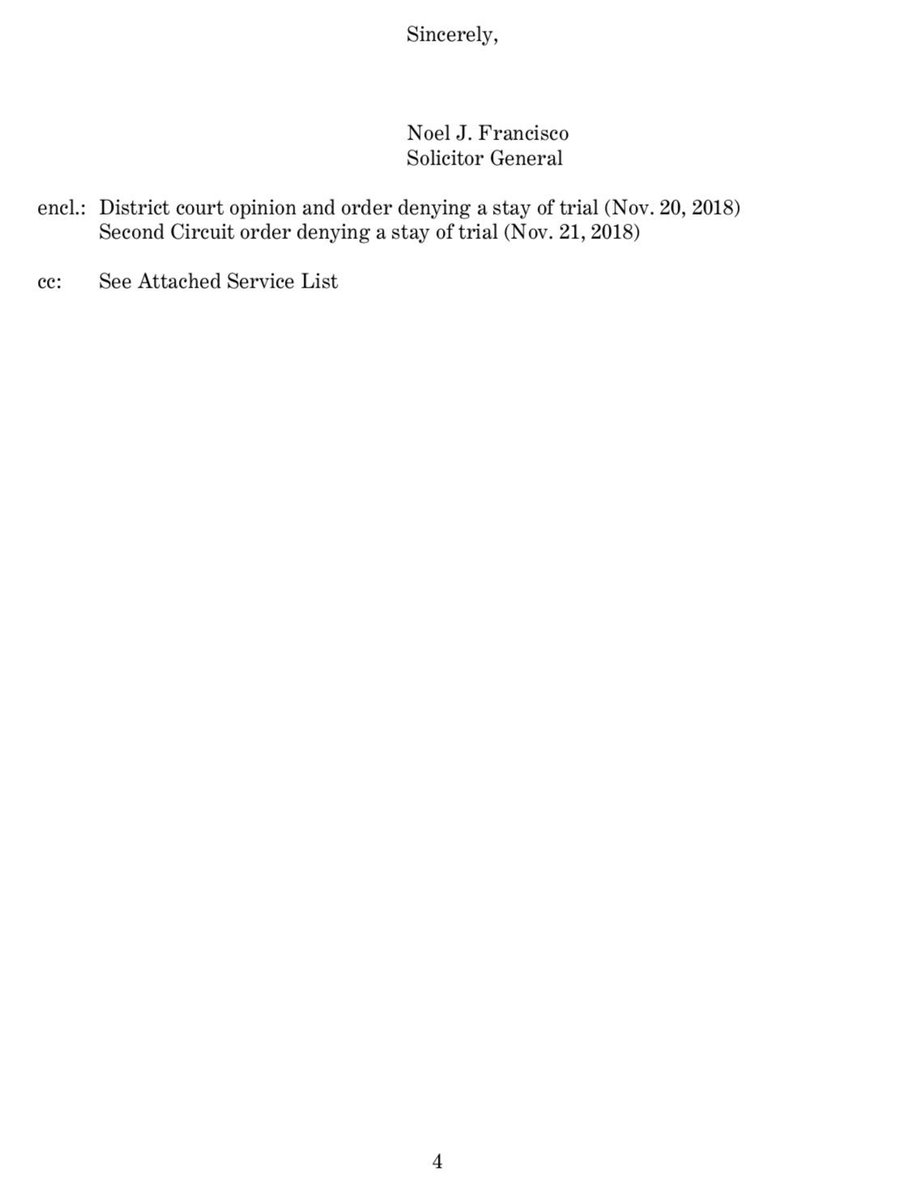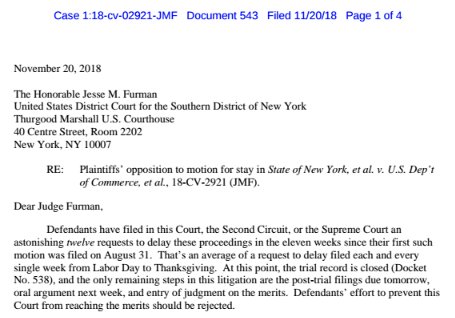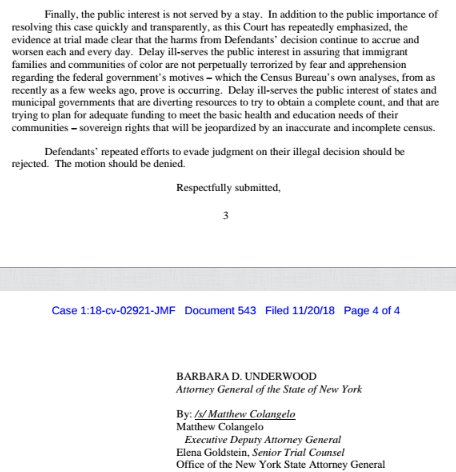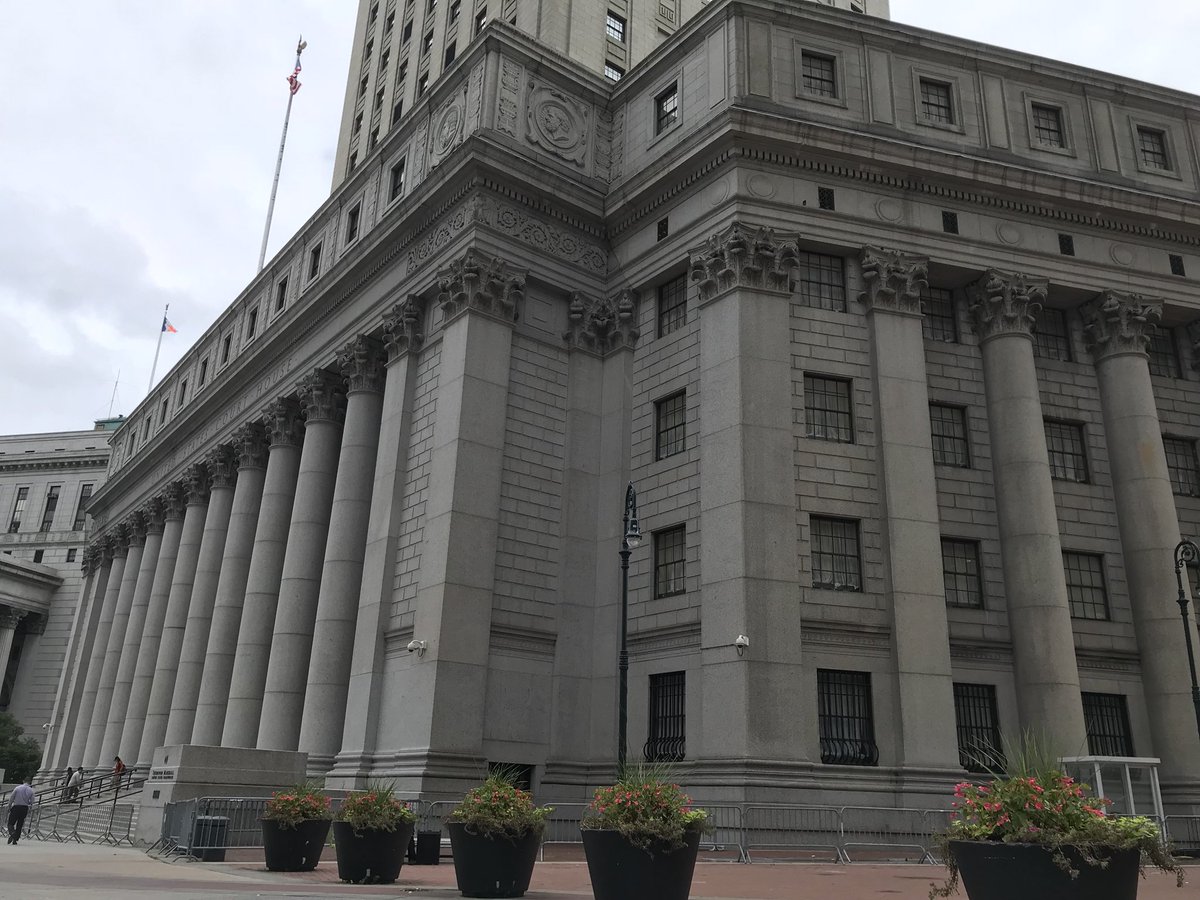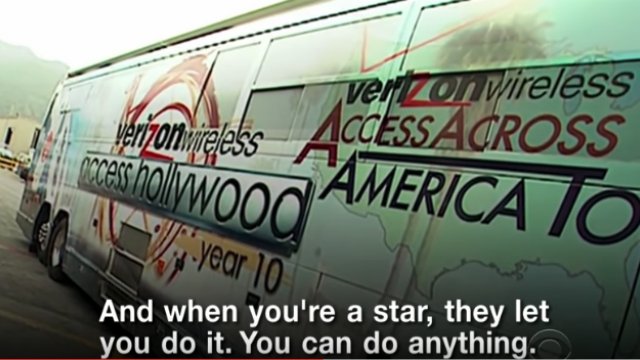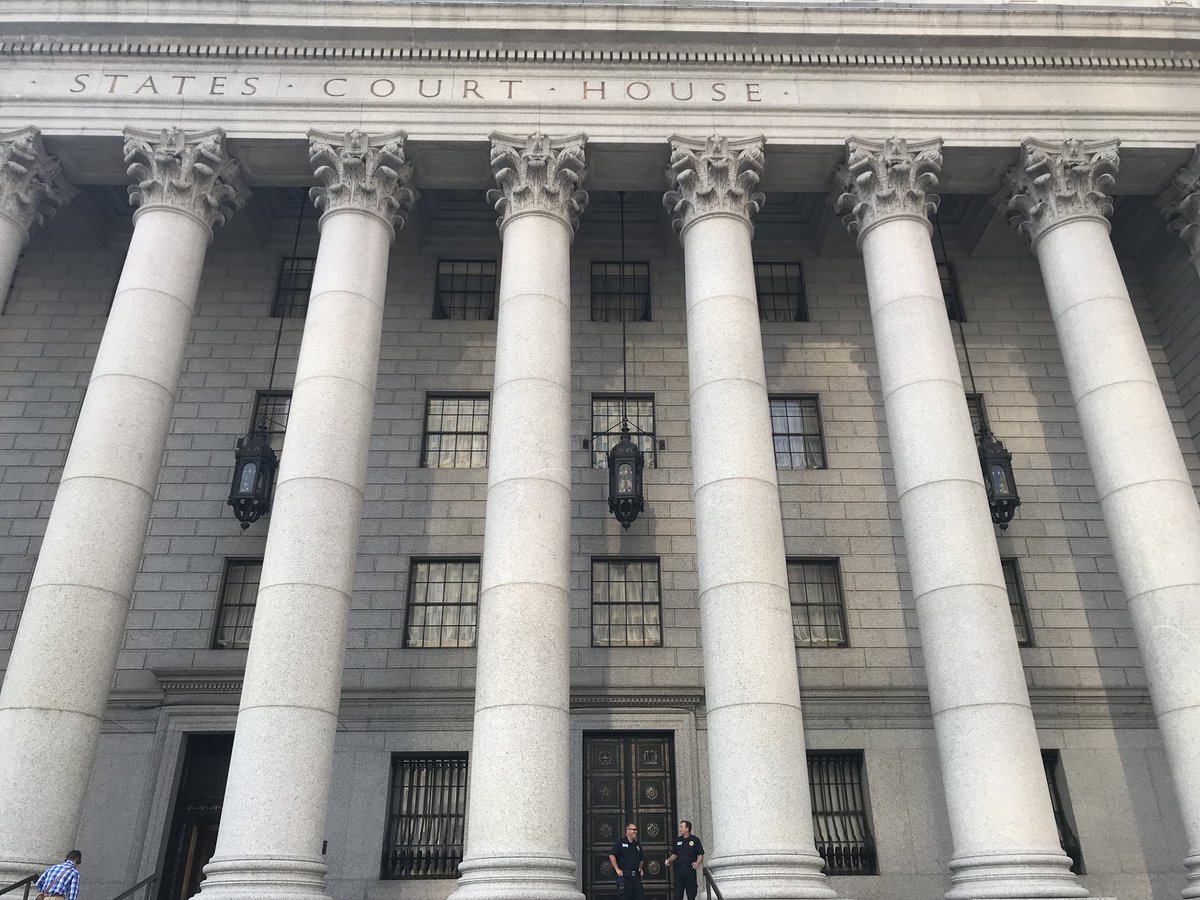Watch my feed for updates on the hearing and my coverage on @CourthouseNews.
“Some of you tried hard not to be there, but welcome back nonetheless,” Furman says, in a veiled swipe to the government’s bids to stop the trial.
* Secretary’s decision “whitewashes” the reason for the change.
* Decision contradicted by subject matter experts
"They in fact misled the public and Congress and the court," he adds.
"The outcome of this trial will affect every community in the county," he adds. "It affects representation in the Congress."
Colangelo finishes.
Brett Shumate is up for the DOJ next.
He turns to standing issues.
John Abowd is the Census Bureau's chief scientist.
My write-up of his testimony earlier this month: courthousenews.com/top-census-sci…
"To be sure, he thought that adding the question could be warranted," Shumate said.
He claims a "policy preference" does not indicate "prejudgment."
"It shows he had an open mind," he said.
"It made perfect sense that the Commerce Department would reach out to DOJ," Shumate said.
"He didn't whitewash the record. He built one."
His closing argument ends, and he steps down.
Judge Furman starts questioning the parties.
Furman asks Colangelo to respond to that arg.
Colangelo notes OMB has never rejected a census change + clock is ticking before surveys print.
One method described at trial is "imputation," but Freedman noted that Abowd conceded that tactic has problems.
Background on that case.
courthousenews.com/U.S.-Warrantle…
Furman pressing on issues likely to divide SCOTUS.
(Clapper case was a 5-4 decision, with Alito writing majority opinion.)
"You seem to have tried every thing you could to avoid a decision on the merits in this case," Furman tells Shumate.
But the ripeness argument is new.
Shumate said that he understands the concern about time sensitivity.
"The defendants themselves seem to be relying on the fact that plaintiffs and organizations like the plaintiffs," Furman noted.
"I'm pretty sure he didn't say that," Furman said.
Furman notes witnesses testified that NRFU *never* fully makes up for all self-response shortfalls.
He wants to clarify whether DOJ's position is (a) the judge can't consider extra-record evidence of bad faith and pretext or (b) that there's insufficient evidence of it.
Shumate says it's the latter.
Shumate down; Colangelo back up.
Colangelo is addressing the merits of the plaintiffs' Administrative Procedure Act claim.
Shumate argued that those aren't binding upon Wilbur Ross.
Colangelo said that they are binding on all agencies.
(It's getting in the weeds here.)
In fact: "The Abowd memo specifically points to evidences that the ACS citizenship question led to inaccurate results more than 30 percent of the time," Colangelo said.
Colangelo said that lack of testing goes against the advice of his own advisory committees.
"So there is a process for testing the entire questionnaire, which was not done with regard to the citizenship question," he adds.
"Nobody disagrees that NRFU is worse," he said, abbreviating non-response follow-up operations.
Ross "anchored" that decision that the Census Bureau would use the two years remaining to enhance protocols and models, he says.
Colangelo ridicules this as the "magic wand theory."
Furman prods Shumate on showing Ross going against the bureau's recommendations.
"He doesn’t; in fact, that helps our case," Shumate insists, saying that it shows Ross was "aware" of it.
Shumate said that Ross took all the information into "account."
"Is that not the definition of arbitrary and capricious?" he asks.
Back to Colangelo.
Furman posits a hypothetical Secretary in a Democratic administration seeking to change census to benefit blue states.
Colangelo says this isn't that.
"It has all the hallmarks of predetermination," he says, referring to this case.
Colangelo replies that there's no evidence that they needed better CVAP (citizenship) data.
Trump statements did enter the record at trial.
Furman asks how those statements would prove animus against immigrant communities of color.
Freedman replies that there could be "invidious discrimination" in violation of the 5th Amendment against immigrants.
Freedman cites evidence in the record reflecting the goal not to count immigrants, including a shared Wall Street Journal article, Kobach communications and other notes.
"There is no evidence that Secretary Ross acted for any discriminatory purpose," he said, claiming he acted at the DOJ's request. (Washington Post fact-checkers described this claim as false.) washingtonpost.com/news/fact-chec…
Why should Furman not infer, he asks, that Ross wanted to implement the goals of the president?
The judge is pressing Shumate on whether Ross’s deposition needed to probe such issues.
Proceedings have ended. Press conference outside the court and story ahead.
My write-up of closing arguments in the #2020Census case, on @CourthouseNews courthousenews.com/trump-doj-test…

